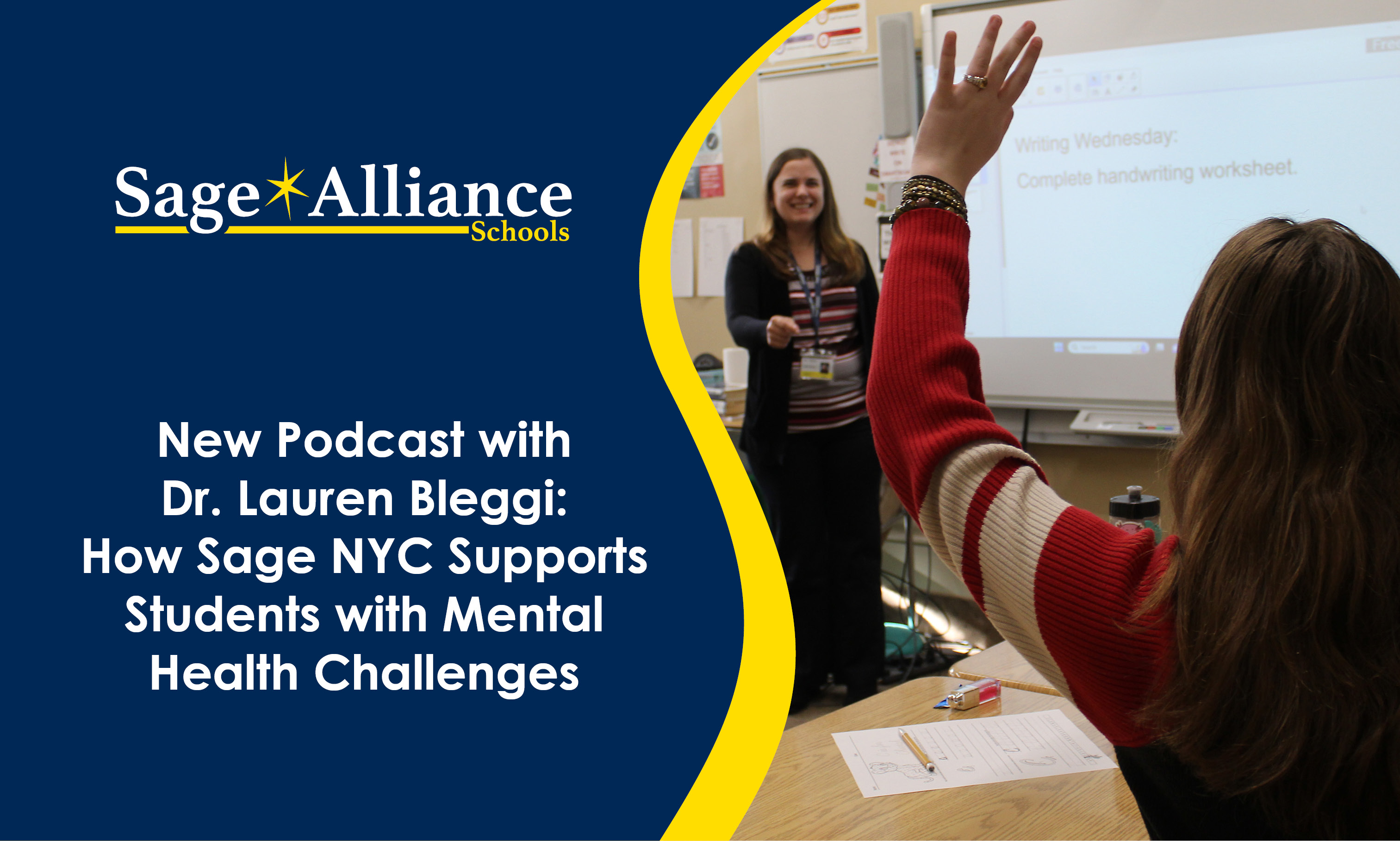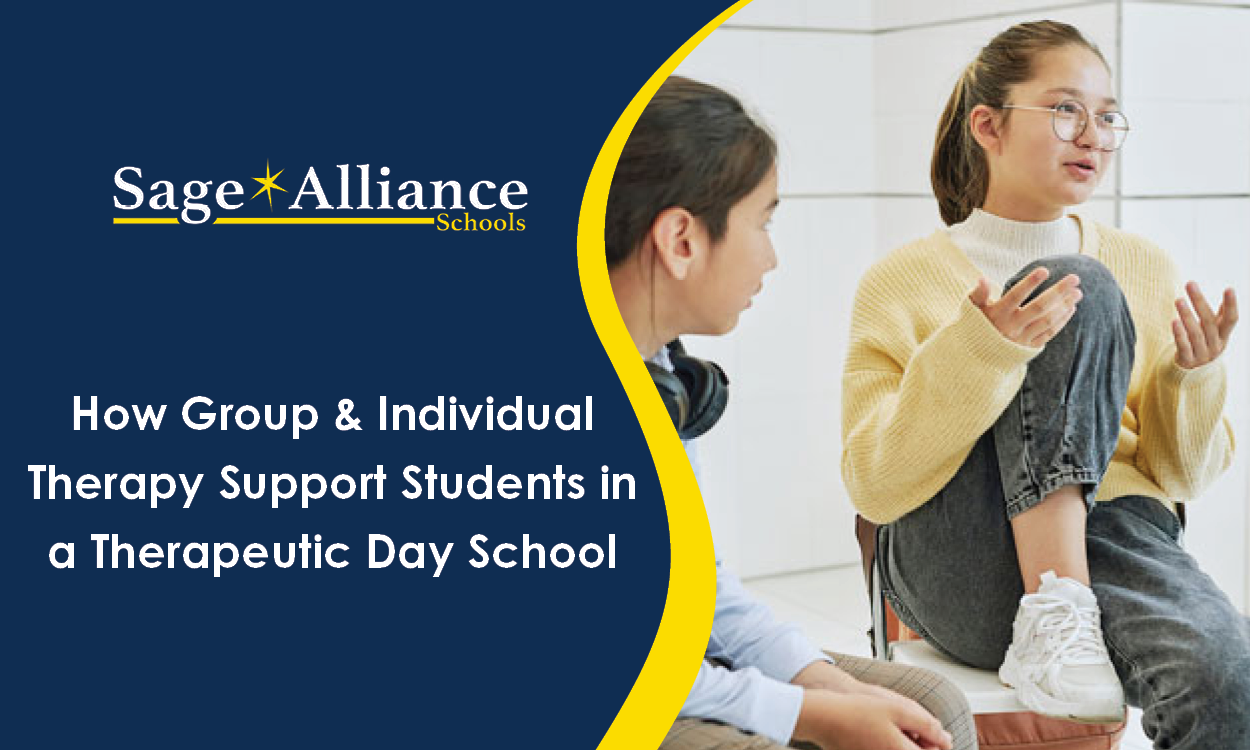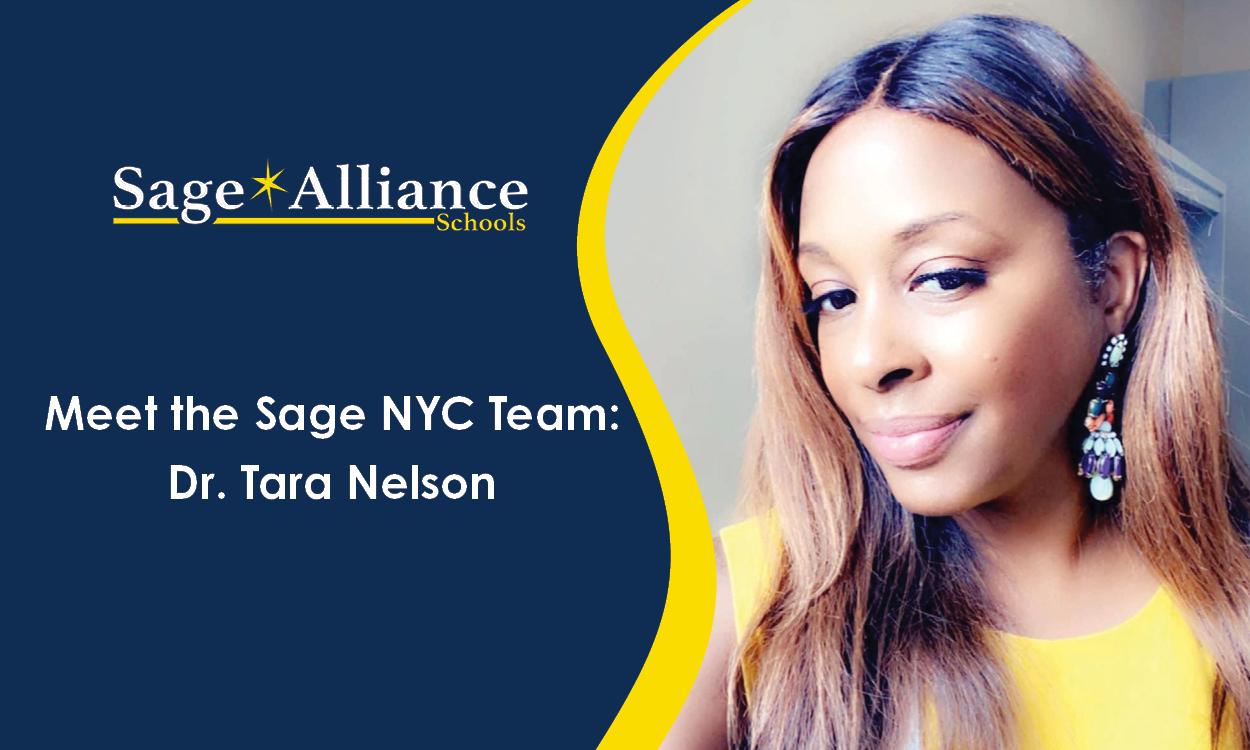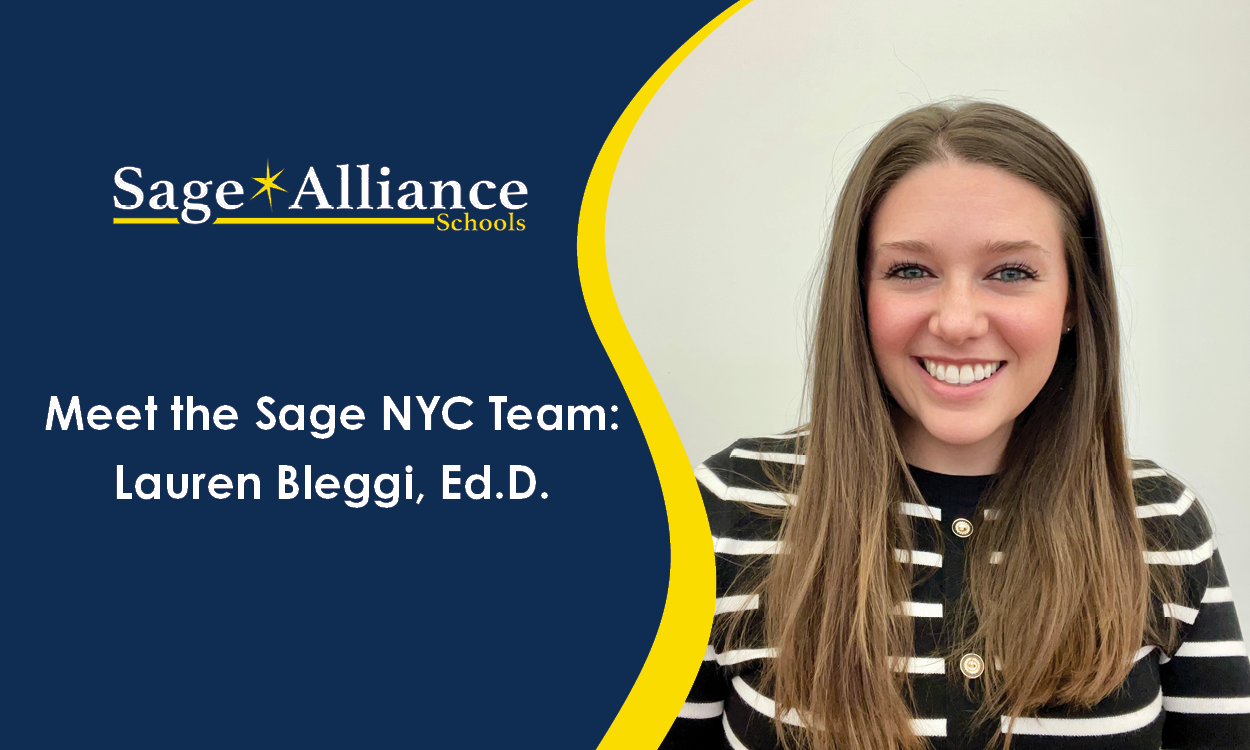What Makes a Therapeutic School "Therapeutic"?
Posted: November 13, 2020 | Written By: Holly Ference | Category: Therapeutic Education
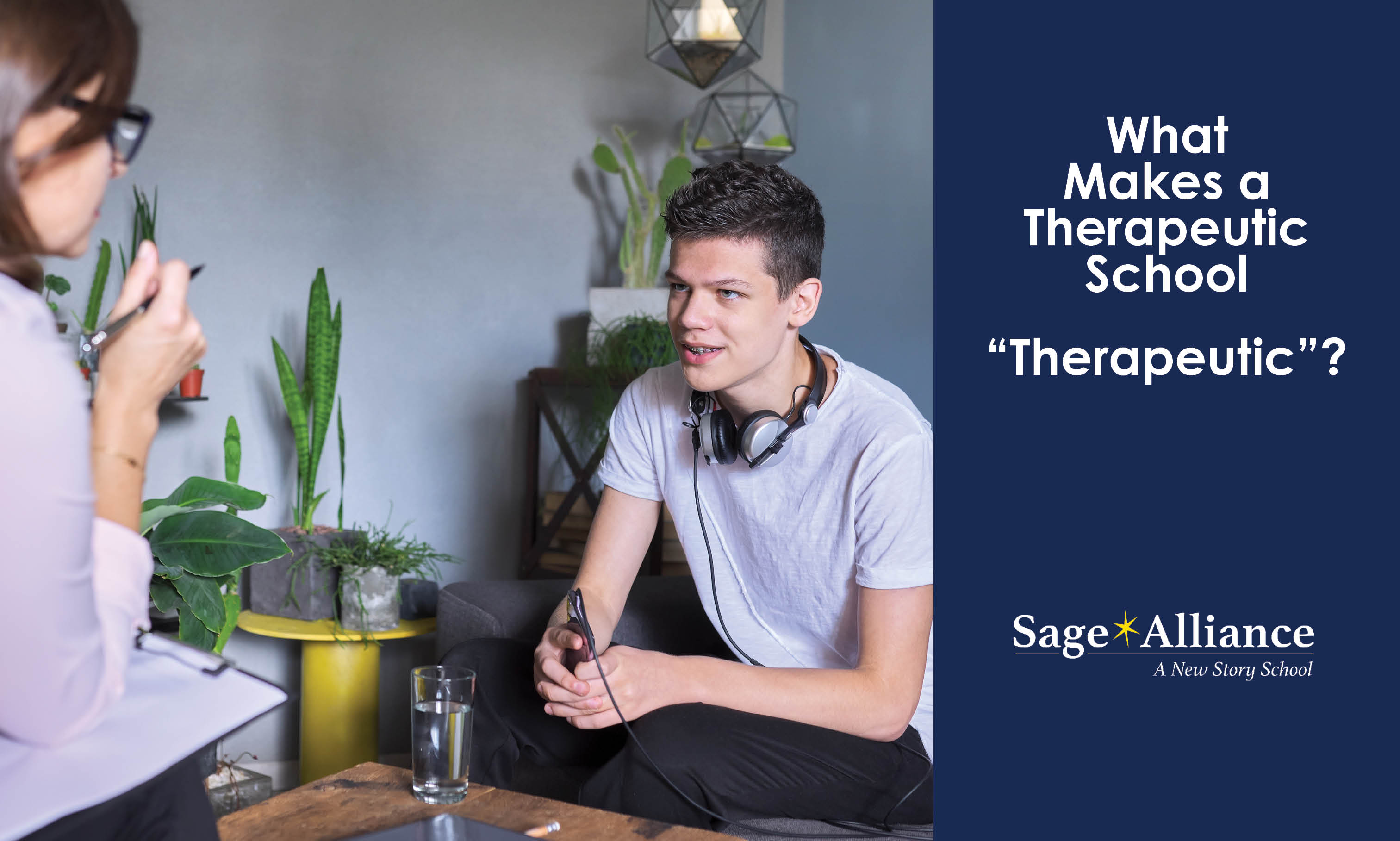
Six components of an appropriate therapeutic school placement:
1. Academic Range and Depth
An appropriate therapeutic school placement is, first and foremost, a school. It provides a solid variety of learning experiences within a differentiated learning environment that can meet the needs of students with learning disabilities as well as students who are prepared to do advanced academic work but need a smaller, highly nurturing environment in order to succeed.
2. Intensive, Multimodal Clinical Interventions Provided by Experienced Clinicians
Students in need of a therapeutic school placement present with significant and complex emotional issues, including significant anxiety and mood disorders. These students need a coherent and intensive therapeutic approach in order to make the academic, social and emotional progress necessary to prepare them for their next steps in life. An appropriate therapeutic school employs experienced and well-supervised clinicians who can deliver a full range of in-depth therapeutic services (e.g., individual, group, and family therapy as well as effective crisis intervention) in order to ensure that students and families are supported toward growth rather than merely being supported within the school setting.
3. Safe Community Milieu
An appropriate therapeutic school consciously and deliberately creates a safe community by establishing and enforcing clear policies and expectations regarding staff and student conduct. The best schools support these policies with a coherent philosophy and a shared understanding of student development supported by evidence-based practices that are aligned with this philosophy and understanding.
4. Teacher Therapist Collaboration to Serve The Whole Student
An appropriate therapeutic school placement creates the capacity for consistent collaboration between teachers and therapists. Therapists spend time in classrooms to understand what is expected of students and how individual students are managing these expectations. Teachers spend time consulting with therapists to gain the best possible understanding of student strengths, vulnerabilities, and needs. There is mutual respect between teachers and therapists which fosters a learning community that engages in an ongoing dialogue, is not afraid of healthy conflict, and is always focused on the growth of the whole student.
5. Strong Parent Engagement
An appropriate therapeutic school placement engages parents in the educational and therapeutic process. Parents are afforded frequent opportunities to come into the school to discuss their child’s academic and therapeutic progress and to participate in the formation of goals as well as the process of working toward those goals. The appropriate therapeutic school also seeks parent input into programming and school improvement planning.
6. Growth and Improvement Mindset
An appropriate therapeutic school placement is not just providing supports to help students get through the day but is challenging students to build the resilience and readiness needed for the inevitable transition to more mainstream school and work settings. Although supportive measures such as a morning check-in group or afternoon study period can make it easier for students to manage the school day, these types of supports are not available in the wider world. To be ready for the world, students need opportunities to build new skills and tools and practice using these skills and tools on a daily basis.
Sage Day Schools are private, accredited, therapeutic schools in Mahwah, Rochelle Park, Hamilton and Boonton New Jersey, serving students grades 4 through 12 who need a small, personalized learning environment. We complement our strong academics and elective offerings with a comprehensive clinical program. Each student comes to Sage struggling with either anxiety, depression, school refusal, ADHD or other emotional issues that interfere with their ability to learn and develop. During their time at Sage, they partner with one of our Sage Certified Clinicians,™ who guides them and provides them with the tools to succeed in a healthy way. We provide intensive individual, group and family therapy, which is fully integrated into the program.
Want to be notified of new articles and resources from Sage Alliance? Click here to submit your email and opt into our newsletter.





